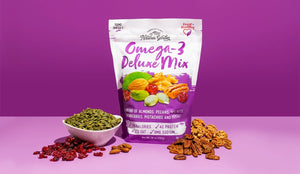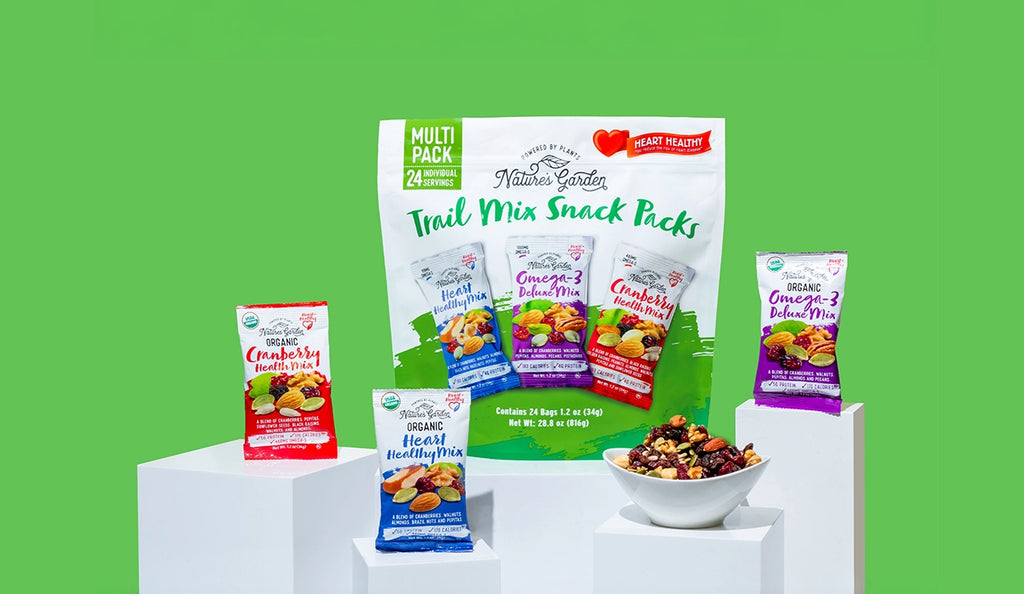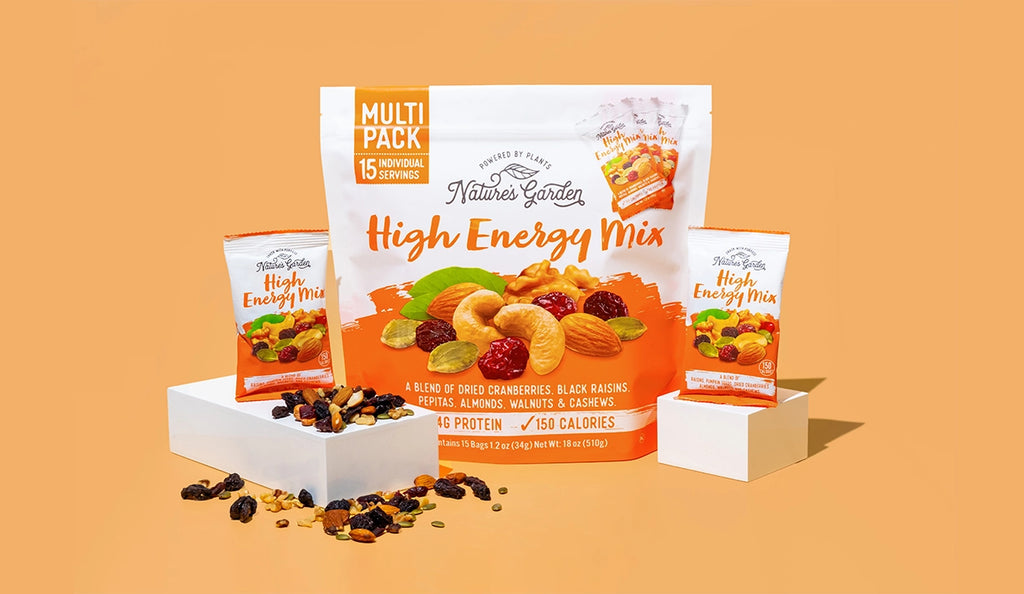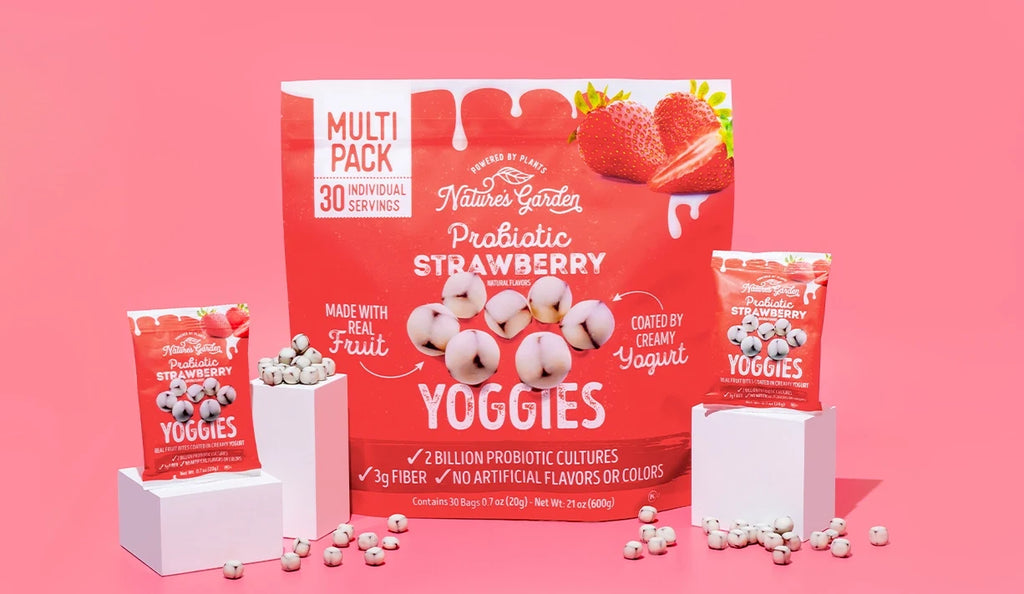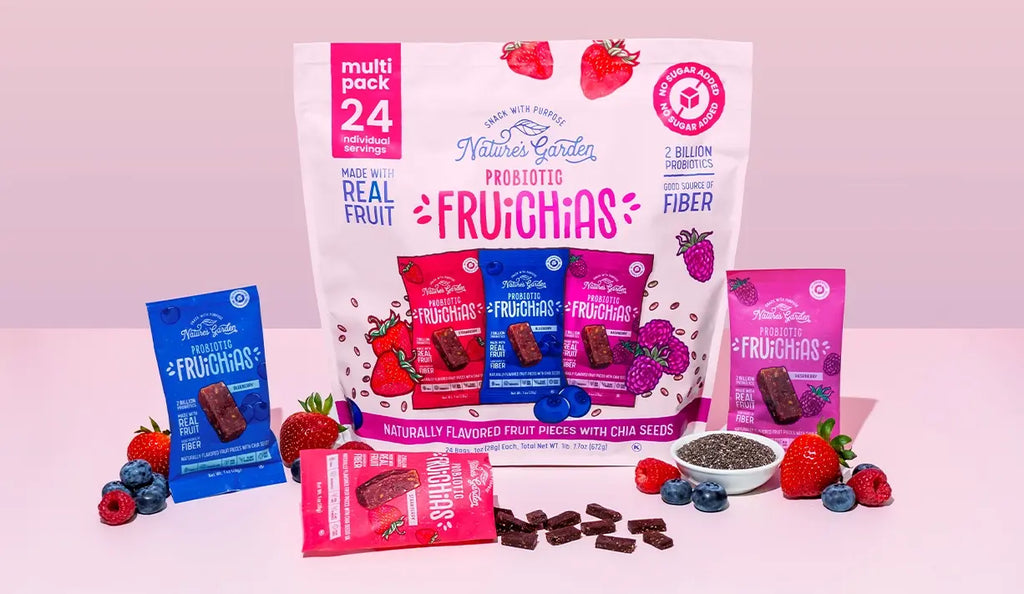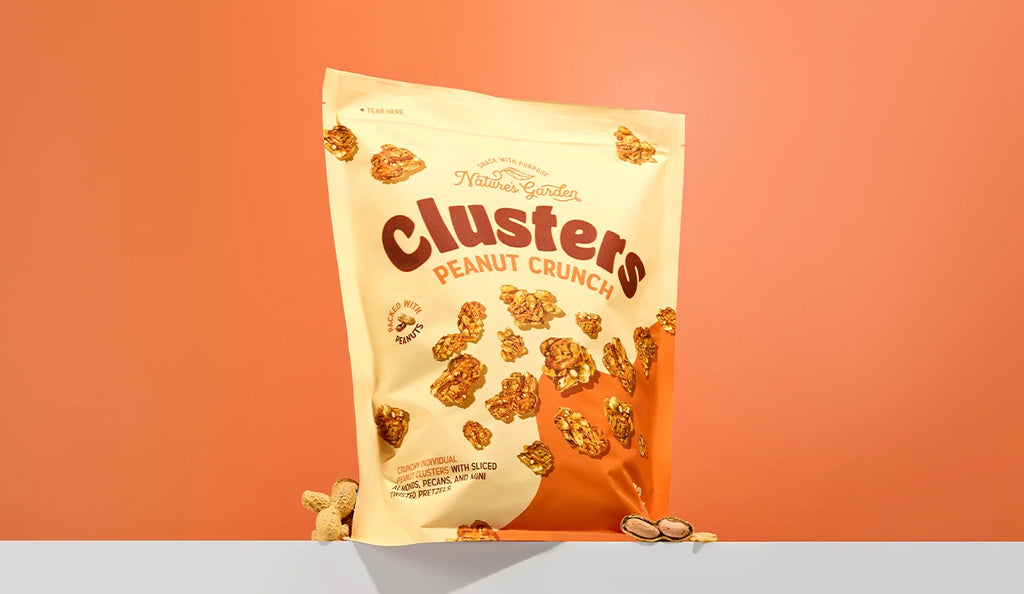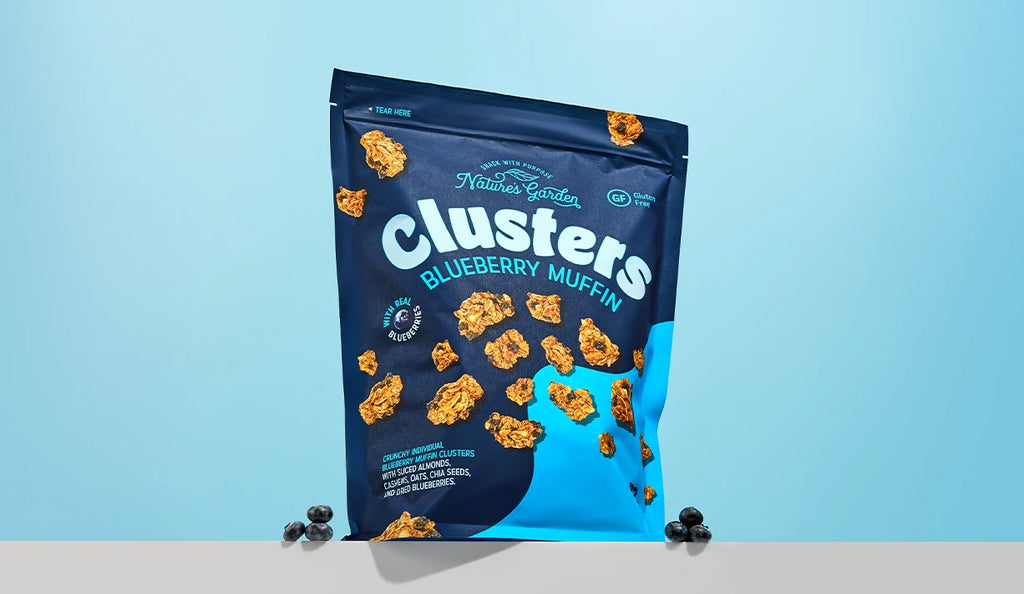A plant based diet focuses on whole, minimally processed foods that come from plants. That includes fruits, vegetables, grains, legumes, nuts, seeds, and plant oils. While people follow plant based eating for different reasons, the goal is usually the same: build daily meals around nutrient-dense foods that support long-term health. You don’t have to give up every animal product to follow this way of eating. It’s more about shifting your habits so that plants take center stage.
If you’re curious about how plant based eating works or how to start, you’re in the right place. Let’s break down the basics.
Plant Based vs. Vegan
Plant based and vegan diets often get grouped together, but they aren’t the same.
A plant based diet emphasizes plant foods as the foundation of your meals. Many people who eat plant based still include small amounts of dairy, eggs, or animal protein depending on their personal health goals and preferences. The focus is on eating more whole, nutritious plant foods rather than following strict rules.
A vegan diet goes further by eliminating all animal products. That includes dairy, eggs, meat, poultry, fish, and often honey. Veganism can also extend beyond food into lifestyle choices.
The overlap is simple: both diets highlight plants. The difference is how strictly each one avoids animal products.
Benefits of a Plant Based Diet
Choosing more plant based foods can support your health in several meaningful ways. Plants offer fiber, antioxidants, healthy fats, vitamins, and minerals that help keep your body functioning at its best.
Immune System
Plant based foods deliver antioxidants and essential nutrients that support immune function. Fruits, vegetables, nuts, and seeds all contain vitamins such as vitamin C, vitamin E, and zinc that help your body defend itself, repair cells, and maintain overall wellness.
Reduce Inflammation
Many plant foods naturally reduce inflammation. Fruits, vegetables, nuts, and seeds contain antioxidants and healthy fats that help your body balance inflammatory responses. A plant based diet may help lower chronic inflammation, which has been linked to conditions such as heart disease and diabetes.
Heart Health
Plant based eating is closely tied to cardiovascular benefits. The fiber in plant foods helps support healthy cholesterol levels, while plant fats found in nuts and seeds contribute to heart-healthy unsaturated fats.
Digestive Support
Fiber is one of the biggest advantages of a plant based diet. It helps keep your digestive system moving, supports a healthy gut microbiome, and helps maintain steady blood sugar levels.
Long-Term Wellness
Plant based diets are often linked with better weight management, reduced risk of chronic disease, and more stable energy throughout the day. Because the foods are naturally nutrient dense, many people find they feel fuller and more satisfied.
Why Nuts and Seeds Dominate a Plant Based Diet
Nuts and seeds are some of the most versatile plant based protein sources you can add to your routine. They pack a powerful combination of healthy fats, fiber, protein, and essential minerals.
Nuts often provide plant based omega fatty acids, antioxidants, and micronutrients such as magnesium and zinc. Seeds offer their own unique benefits. Chia and flaxseed are rich in omega-3s. Pumpkin seeds contribute plant based iron and zinc. Sunflower seeds deliver vitamin E.
These nutrients do more than keep you full. They help support heart health, brain function, and immune strength. They also make meals more satisfying, which can help you maintain plant based eating for the long term. Because nuts and seeds store well and are easy to pack, they’re convenient for snacking, baking, or adding to oatmeal, salads, and yogurt bowls.
If you’re building a plant focused diet, nuts and seeds become everyday essentials.
How Nature’s Garden Can Help
Nature’s Garden offers a wide range of plant based snacks made with nuts, seeds, dried fruit, and wholesome ingredients designed to support your lifestyle. Whether you’re starting a plant based diet or looking to add more plant based protein sources, you’ll find convenient options that make healthy snacking simple.
Our nuts and seeds blends offer protein, fiber, and healthy fats in ready to eat packages. They’re great for trail mixes, on the go snacks, and topping your favorite plant based meals. If you’re exploring plant based eating, keeping nutritious snacks on hand can help you stay consistent without feeling limited.
